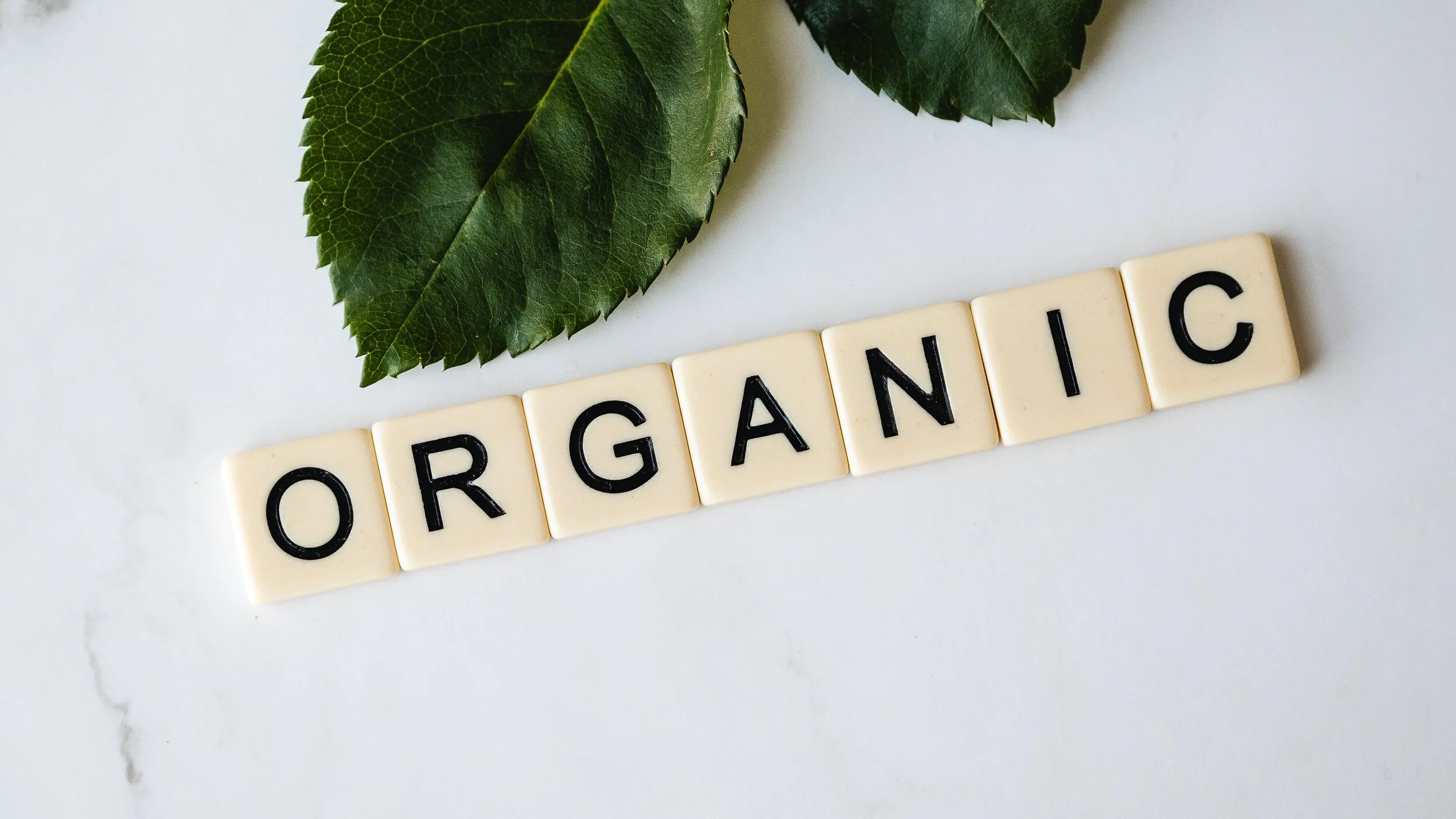Superfoods or superhype? The short answer to this confusing and complicated question of whether superfoods actually exist is no. While preparing for a talk last week on power-packed cooking, I fell down the rabbit hole of superfoods on the internet - exploring where this crazy term came from, and if there was any real science behind these supposedly nutrient dense foods.
Read MoreOne of my favourite authors wrote a whole book on bonking; however, she was referring to a different type of bonking then what I’ll be talking about today. Sorry to disappoint! Bonking in the sporting world is when an athlete ‘hits the wall’ or becomes exhausted and exhaustion can happen in endurance events lasting over 2 hours when the body has depleted all its carbohydrate reserves. Here’s how to prevent bonking:
Read MoreIt was a dark and stormy weekend and it wasn’t just any weekend it was the weekend following Halloween mwaahaahaa. I wonder how many little vampires and goblins still have some Halloween candy left? And the ones that don’t I wonder how mom and dad are doing? Sugar is widely believed to cause hyperactivity in children and to exacerbate aggressive behavior in hyperactive children. Is this belief true or is this just another rotten egg?
Read MoreThe news media and health care market have been selling the idea that cranberries can prevent and cure urinary tract infections (UTIs) for years. Lucky for us, a huge study was recently released that investigated and reviewed 24 studies (over 4,000 participants) on cranberries’ role in the prevention and treatment of UTIs. So, did the results finally give cranberries their long awaited stamp of approval or was this just another rotten egg? Before we investigate this “fact,” I want to give you some background information on UTIs. According to the National Kidney and Urological Diseases Clearinghouse, UTIs are the second most common type of infection in the body and account for 8.3 million doctor visits each year!
Read MoreLast week we concluded our organic talk by diving deeper into sustainability using fish as our example. At that time I promised you we were done with organic but I lied – sorry! I need to clarify one more thing - my Dole comment. Over this past week some readers have voiced their confusion over my comment since I did not explain myself very well, so here is my explanation:
Read MoreA lot of consumers think organic food is healthier for us because it doesn’t contain pesticides, it has more vitamins and minerals, and it promotes the development of a community. Unfortunately, consumers are misinformed because organic food CAN contain pesticides, it does NOT contain more vitamins and minerals, and in some circumstances it can actually be worse for the environment - all the wrong ingredients for developing a community. So, if organic is not the answer then what is? Sustainability!
Read MoreWarning! For the next couple of weeks I’m introducing politics into Food Yourself only because I feel organic foods are misunderstood. Consumers truly believe that ‘organic’ foods are healthier, safer, and better for the environment, but unfortunately I don’t buy it. For the next couple of weeks I’ll tackle these assumptions, and hopefully lead you down a path towards sustainability rather than suckerville.
Read MoreWhich holiday allows family and friends to get together to eat a full-blown Christmas dinner but without having the stress of buying presents – Thanksgiving! Honestly, Thanksgiving has to be my favourite holiday…of course I’m saying this without ever actually cooking a Thanksgiving dinner but I somehow manage to invite myself over somewhereto enjoy the big day. Anyways, Thanksgiving has a bad reputation of making its consumers sleepy. This is true; however, the culprit might surprise you.
Read MoreThis week I present my first, out of many, rotten eggs. The ‘rotten egg’ will be a series of posts where I attempt to bust current food myths, and the first one I’m tackling involves the notion that brown sugar is somehow healthier for you than white.
Read More








